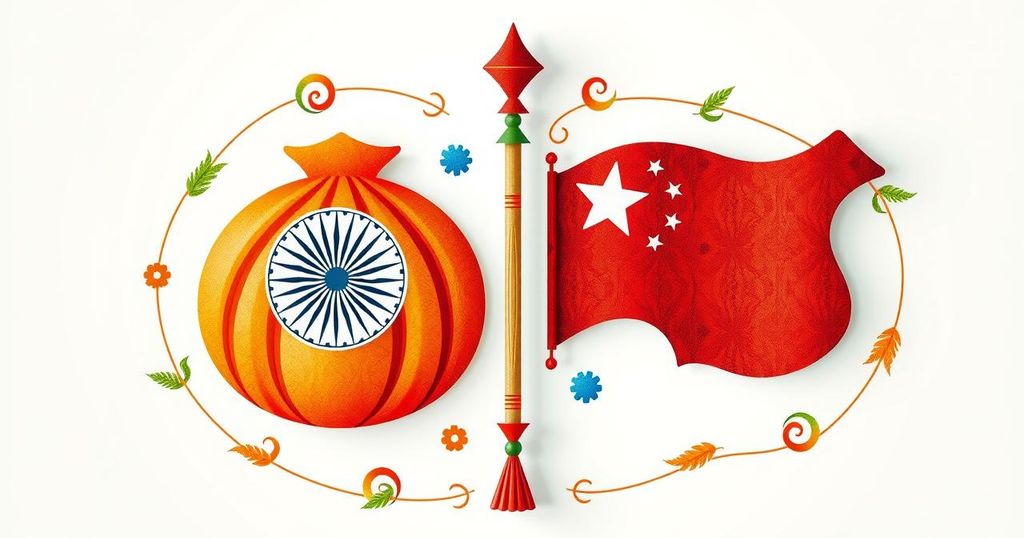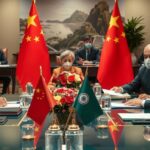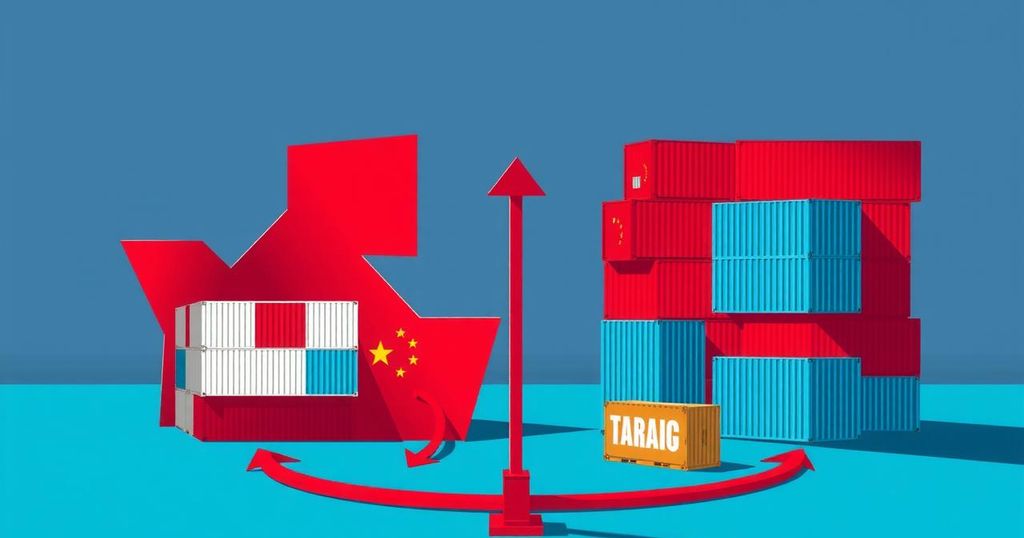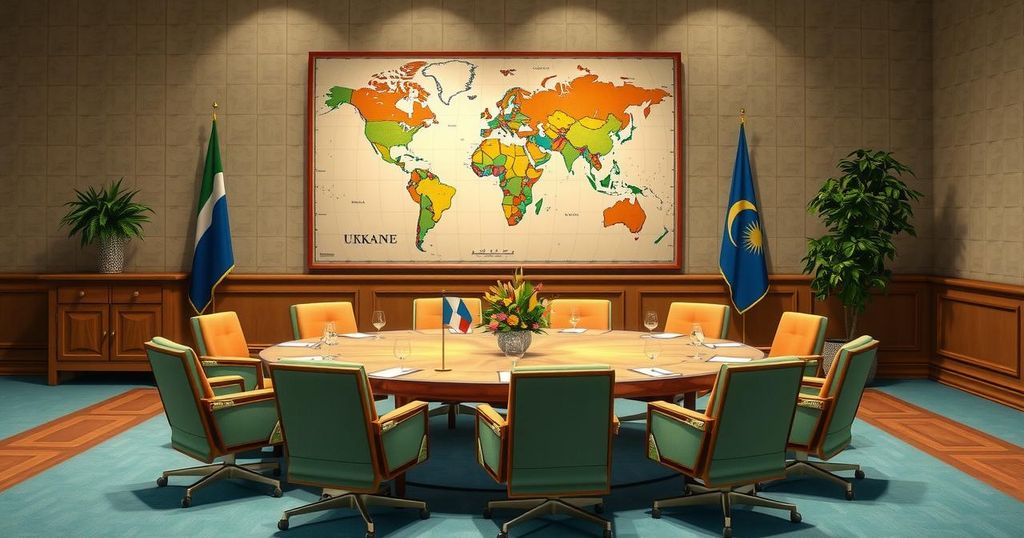Politics
ASIA, BILATERAL AGREEMENTS, DAS, DEPARTMENT OF ASIAN AFFAIRS, DIPLOMACY, EUROPE/ASIA, GEOPOLITICS, GOURANGALAL DAS, INDIA, INTERNATIONAL RELATIONS, KAI, KAZAN, LAC, LINE OF ACTUAL CONTROL, MANSAROVAR, NARENDRA MODI, NEW DELHI, RUSSIA, STRATEGIC PARTNERSHIP, WMCC, WORKING MECHANISM FOR CONSULTATION AND COORDINATION, XI JINPING
Omar El-Sharif
India and China Commit to Enhancing Bilateral Relations through Exchanges
India and China have agreed to enhance bilateral relations through increased people-to-people exchanges, including reinstating direct flights and celebrating diplomatic anniversaries. The agreement was confirmed during consultations in Beijing and follows efforts to normalize relations after military tensions, particularly in the Ladakh region. Notably, both nations aim to improve trade ties and address mutual concerns through structured dialogue mechanisms.
In upcoming discussions, India and China have committed to enhancing people-to-people exchanges by reinstating direct flights, media interactions, and commemorating the 75th anniversary of their diplomatic relationship. This agreement, reached through consultations between the foreign ministries in Beijing, aims to normalize bilateral relations, which had deteriorated significantly during the military standoff in the Ladakh region.
The agreement follows recent meetings of the Working Mechanism for Consultation and Coordination on border issues, emphasizing the resumption of cross-border cooperation, particularly concerning trans-border rivers and the Kailash-Mansarovar pilgrimage. Both nations seek to improve their ties following an understanding reached last October to alleviate tensions along the Line of Actual Control.
Officials highlighted the importance of continuing efforts to facilitate exchanges. Proposed measures include direct flight arrangements, increased media and think-tank interactions, and planning the Kailash Mansarovar Yatra for 2025. Additionally, the discussions focused on gradually resuming dialogue mechanisms and addressing mutual concerns in a more stable manner.
Gourangalal Das, India’s joint secretary for East Asia, represented India in these consultations alongside Liu Jinsong from China. Both parties have noted significant progress in their bilateral relations since meetings between Prime Minister Modi and President Xi last October, with subsequent high-level interactions endorsing ongoing stability and development.
Efforts have been made to revitalize the Kailash Mansarovar pilgrimage, which was halted in 2020, alongside an agreement in principle to restore direct flights, further promoting exchanges. India-China relations have experienced significant strains, especially following violent clashes in 2020; however, recent discussions indicate a willingness from both sides to ameliorate bilateral cooperation for mutual stability and prosperity.
China has viewed Prime Minister Modi’s acknowledgment that differences are natural as a constructive approach, asserting readiness to collaborate with India to improve relations.
Overall, these initiatives reflect a commitment from both nations to rebuild the framework of their relationship, focusing on trust and cooperation to enhance regional stability.
In summary, India and China are taking significant steps to restore and enhance their bilateral relations through increased people-to-people exchanges, resumption of direct flights, and collaborative commemorative events. This initiative signifies a mutual understanding to improve cooperation, address past grievances, and work towards stability in the region. The willingness expressed by both nations to engage in structured dialogue highlights their commitment to moving forward positively, despite historical tensions.
Original Source: www.hindustantimes.com








Post Comment